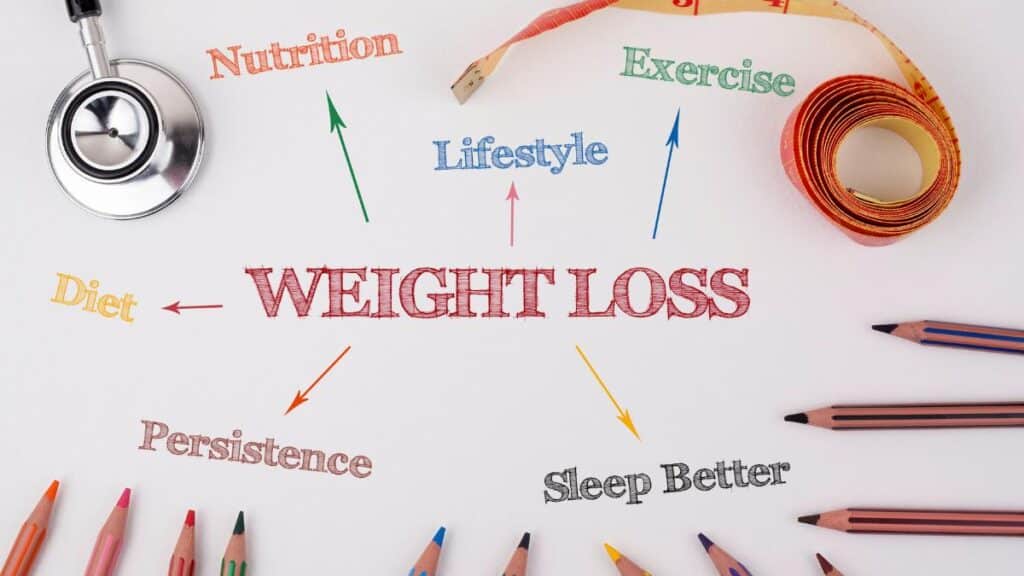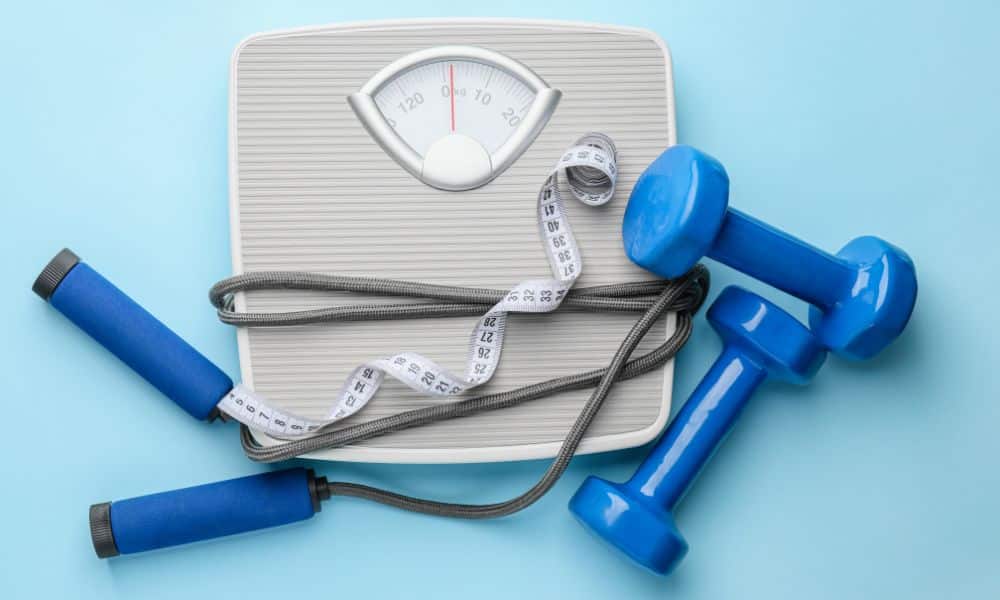When embarking on a weight loss journey, many individuals make common mistakes that can impede their progress. Understanding these errors and how to avoid them is crucial to achieving sustainable results.
Here, we will discuss the top mistakes everyone makes when trying to lose weight and how implementing a balanced and nutritional approach with a daily 30-minute activity can create a calorie deficit and lead to success.
1. Overestimating Calorie Burn and Underestimating Calorie Intake
One of the most significant mistakes is not accurately tracking calorie intake and overestimating the number of calories burned through exercise. A food diary or a mobile app can be an excellent tool for tracking consumption and activity levels.
2. Neglecting Nutritional Quality
Focusing solely on calorie counting without considering the nutritional value of food can lead to a deficiency in essential nutrients. Incorporating a variety of whole foods like fruits, vegetables, lean proteins, and whole grains ensures a well-rounded diet.

3. Skipping Meals
Skipping meals, especially breakfast, can lead to increased hunger and overeating later in the day. Regular, balanced meals help regulate blood sugar levels and manage appetite.
4. Opting for ‘Diet’ Foods
Many ‘diet’ foods are low in fat but high in sugar, which can be counterproductive. Reading labels and choosing whole, unprocessed foods is a healthier alternative.
5. Unrealistic Expectations
Setting unrealistic weight loss goals can lead to disappointment. A gradual weight loss of 1-2 pounds per week is recommended for long-term maintenance.

6. Overlooking Liquid Calories
Sodas, juices, and alcoholic drinks can contribute significant calories without satiating hunger. Drinking water, herbal teas, or black coffee can help reduce liquid calorie intake.
7. Neglecting Strength Training
While cardio exercises burn calories, strength training builds muscle, which boosts metabolism. A combination of both types of exercise is most effective.
8. Fad Diets and Quick Fixes
Fad diets often promise quick results but are unsustainable and can be unhealthy. A balanced diet tailored to individual preferences, lifestyle, and goals is more effective for long-term success.

Creating a Calorie Deficit the Right Way
Losing weight doesn’t have to be a complex process. Creating a calorie deficit—burning more calories than consumed—is the fundamental principle of weight loss. This can be achieved through a balanced diet rich in nutrients and fiber that promotes fullness and satisfies the body’s needs.
Adding 30 minutes of daily activity is not just about burning calories; it’s about improving cardiovascular health, boosting metabolism, and enhancing mood. The activity doesn’t have to be strenuous; even a brisk walk can be effective.
Conclusion
In conclusion, avoiding common weight loss mistakes and adopting a balanced, nutritional approach with regular physical activity is the key to successful weight loss. It’s not about perfection but about making better choices more often. By understanding and correcting these mistakes, anyone can make their weight loss journey easier and more enjoyable.
Numerous reputable sources provide evidence-based information for those seeking to delve deeper into creating a calorie deficit and understanding the role of nutrition and exercise in weight loss. Consulting with a healthcare provider or dietitian can ensure that any weight loss plan is appropriate and safe.




